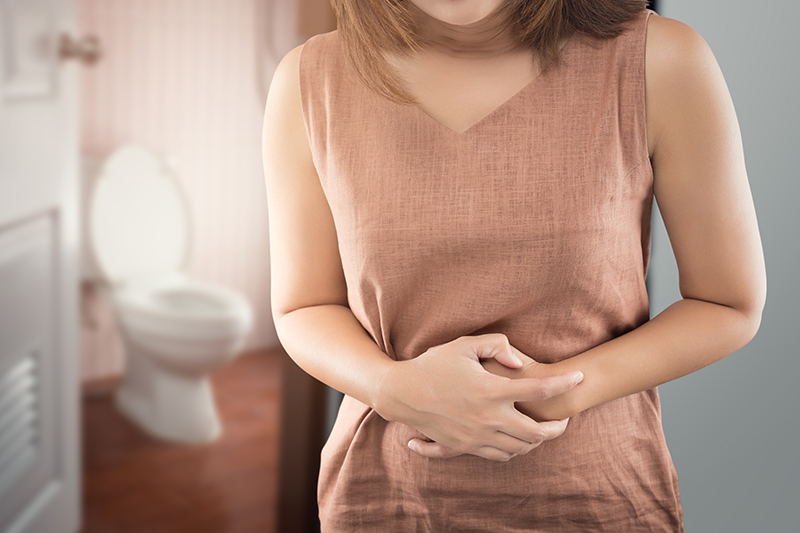Travelers' Diarrhea

Travelers’ diarrhea is the most common travel-related illness. It can occur anywhere, but the highest-risk destinations are in Asia (except for Japan and South Korea) as well as the Middle East, Africa, Mexico, and Central and South America.
In otherwise healthy adults, diarrhea is rarely serious or life-threatening, but it can make a trip very unpleasant.
You can take steps to avoid traveler’s diarrhea
- Choose food and drinks carefully
Eat only foods that are cooked and served hot. Avoid food that has been sitting on a buffet. Eat raw fruits and vegetables only if you have washed them in clean water or peeled them. Only drink beverages from factory-sealed containers, and avoid ice because it may have been made from unclean water. - Wash your hands
Wash your hands often with soap and water, especially after using the bathroom and before eating. If soap and water aren’t available, use an alcohol-based hand sanitizer. In general, it’s a good idea to keep your hands away from your mouth.
Learn some ways to treat traveler’s diarrhea

- Drink lots of fluids
If you get diarrhea, drink lots of fluids to stay hydrated. In serious cases of travelers’ diarrhea, oral rehydration solution—available online or in pharmacies in developing countries—can be used for fluid replacements. - Take over-the-counter drugs
Several drugs, such as loperamide, can be bought over-the-counter to treat the symptoms of diarrhea. These drugs decrease the frequency and urgency of needing to use the bathroom, and may make it easier for you to ride on a bus or airplane while waiting for an antibiotic to take effect. - Only take antibiotics if needed
Your doctor may give you antibiotics to treat traveler’s diarrhea, but consider using them only for severe cases. If you take antibiotics, take them exactly as your doctor instructs. If severe diarrhea develops soon after you return from your trip, see a doctor and ask for stool tests so you can find out which antibiotic will work for you.


































No hay comentarios:
Publicar un comentario